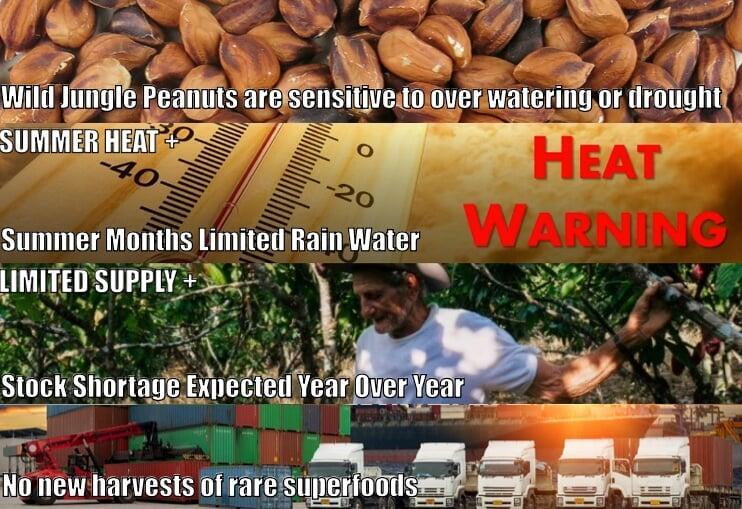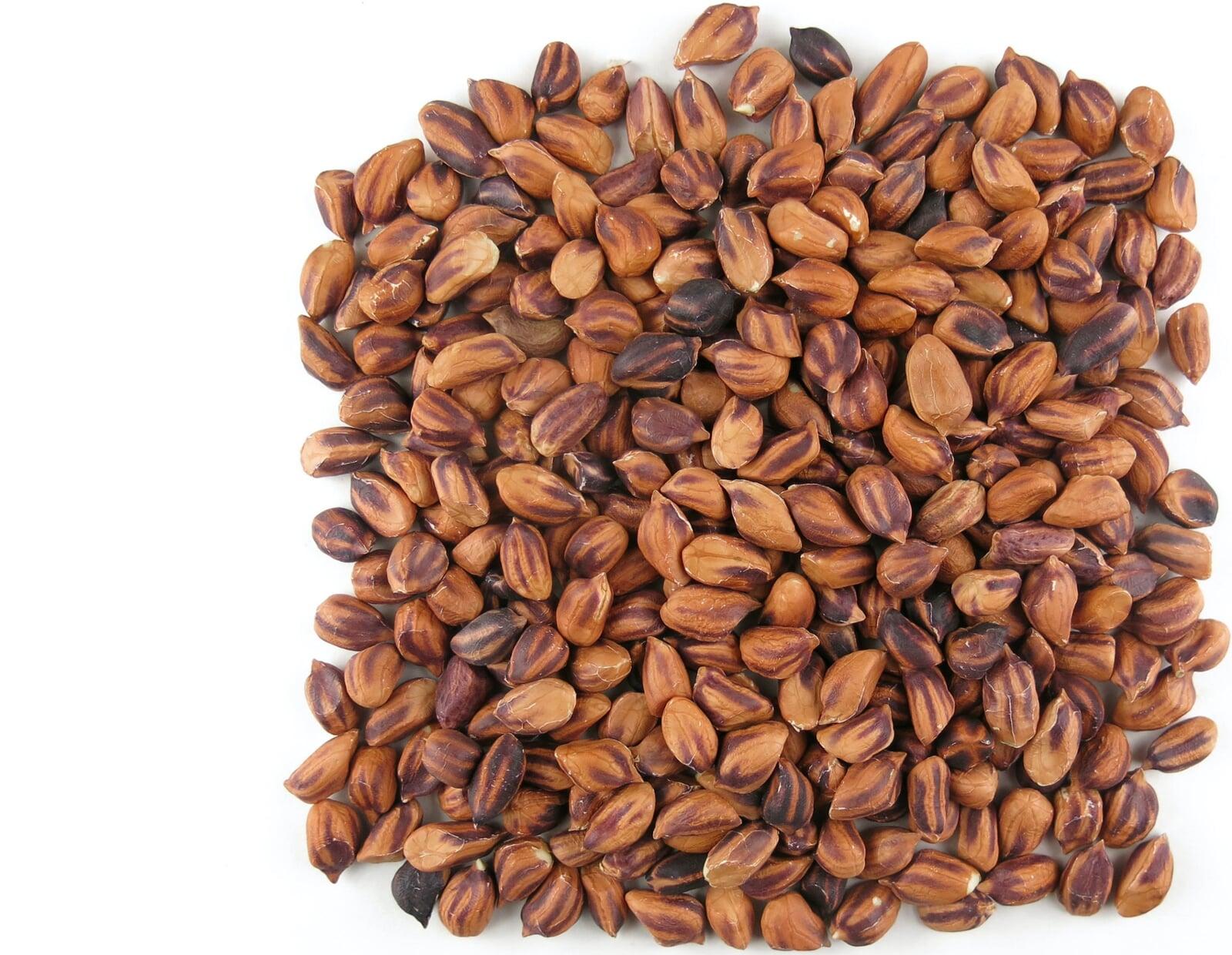Is climate change causing rare superfoods such as wild jungle peanuts and monukka raisins to have smaller and smaller farm yields?
Is climate change causing rare superfoods such as wild jungle peanuts and monukka raisins to have smaller and smaller farm yields?
Yes, climate change is causing rare superfoods such as wild jungle peanuts and monukka raisins to have smaller and smaller farm yields.
Climate change is causing a number of changes in the environment that are making it more difficult to grow rare superfoods. These changes include:
- Increased temperatures: Higher temperatures can stress plants and make them more susceptible to pests and diseases. This can lead to lower yields.
- Changes in precipitation patterns: Changes in precipitation patterns can make it more difficult to get the water that plants need to grow. This can also lead to lower yields.
- More extreme weather events: More extreme weather events such as droughts, floods, and storms can damage crops and lead to lower yields.
- Increased temperatures: Higher temperatures can stress plants and make them more susceptible to pests and diseases. This can lead to lower yields.
- Changes in precipitation patterns: Changes in precipitation patterns can make it more difficult to get the water that plants need to grow. This can also lead to lower yields.
- More extreme weather events: More extreme weather events such as droughts, floods, and storms can damage crops and lead to lower yields.
The effects of climate change on rare superfoods are a serious concern. These foods are often grown in marginal areas that are already vulnerable to the effects of climate change. If climate change continues to worsen, it is likely that the yields of rare superfoods will continue to decline. This could have a significant impact on the availability of these important foods.
Here are some things that can be done to help mitigate the effects of climate change on rare superfoods:
- Increased competition from invasive species: Invasive species are plants and animals that are not native to a particular area. They can outcompete native plants for resources, such as water and sunlight. This can lead to lower yields of rare superfoods.
- Degradation of soil quality: Climate change is causing soil to become more compacted and less fertile. This can make it more difficult for plants to get the nutrients they need to grow. This can also lead to lower yields.
Here are some things that can be done to help mitigate the effects of climate change on rare superfoods:
- Plant rare superfoods in areas that are less vulnerable to the effects of climate change.
- Use sustainable farming practices that help to improve soil quality.
- Develop new varieties of rare superfoods that are more resilient to climate change.
- Educate consumers about the importance of rare superfoods and the threats they face from climate change.


